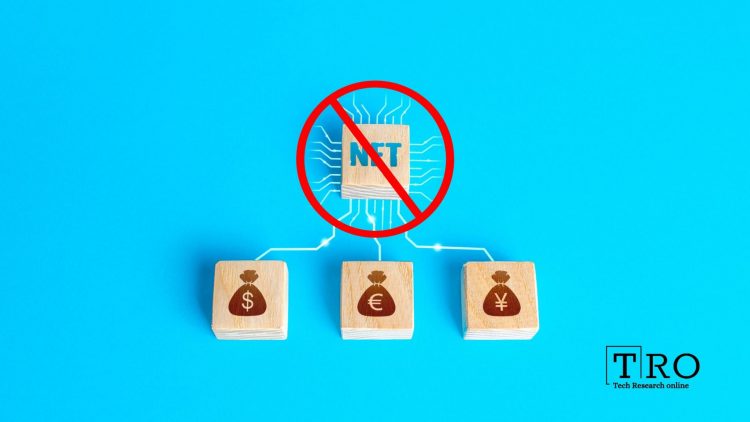On 4 July 2022, Chinese internet and tech giants signed an initiative, pledging to ban NFTs and not establish secondary marketplaces. According to the signed agreement by Chinese internet and tech titans, cryptocurrency and digital collectibles (NFTs) will be banned and secondary marketplaces will not be established.
Ban on NFTs and Cryptocurrency Marketplaces
As reported by the South China Morning Post, Tencent and Ant Group have joined a self-driven industry initiative to ban cryptocurrency and combat speculation. The report further states that platforms selling digital collectibles “shall require real-name authentication of those who issue, sell and buy” the assets and “only support legal tender as the denomination and settlement currency”, according to the document signed by China’s biggest tech firms.
Moreover, China’s non-fungible token (NFT) industry has published a “self-discipline initiative”. The initiative promises identity checks for users, adherence to the country’s ban on cryptocurrencies, and a promise not to establish secondary marketplaces to fight speculation. The 14-article document endorsed by many of the biggest tech firms in China says:
“China’s NFT Platforms that sell digital collectibles, the term used in mainland China for NFTs that cannot be traded using cryptocurrency, shall require real-name authentication of those who issue, sell and buy the assets and only support legal tender as the denomination and settlement currency.”
Citations of the ‘Self Discipline Initiative’
The document is an effort from private companies that is not legally binding. It was published by the China Cultural Industry Association the previous week. Various companies involved in China’s digital collectibles market have signed the initiative. The major names are Tencent Holdings, Baidu, JD.com, and Ant Group, the fintech affiliate of Alibaba Group Holding, owner of the South China Morning Post.
Moreover, the agreement calls on signatories to firmly resist speculation in the market. It also reads: “Do not contain financial assets or unlicensed financial products, including securities, insurance, credit, and precious metals, in blockchain-supported goods.” The document also said digital collectible platforms should have relevant certifications, including those required for blockchain service providers, internet culture operators, and telecom business operators.
Leaders’ Opinion of the Initiative
According to Luo Jun, secretary-general of the metaverse committee of the China Computer Industry Association, “the initiative recognizes NFT technology’s use in intellectual property protection and cultural product registration.” However, according to him, as cryptocurrency is banned in China, there is a need for further regulation to curb financial risks. Luo further stated that the initiative was formed by the industrial association and multiple market operators “which do not represent the government’s stance”.
According to the CEO of blockchain developer Red Date Technology He Yifan, the document is an industry-level initiative in response to an earlier one published by major financial industry associations to curb risks associated with digital assets. Red Date Technology provides technical support to China’s Blockchain Service Network.
China’s Prohibition on Use of NFTs
In April 2022, the National Internet Finance Association of China, China Banking Association, and the Securities Association of China issued a joint statement to prohibit the use of NFTs in the issuance of financial assets such as securities, insurance, loans, and precious metals. Yifan added that the key is to prevent the financialization of digital collectibles.
Although the Chinese government restricts NFTs, domestic companies have embraced the new business. Ant and Tencent were the first Chinese tech giants to launch digital collectible platforms. JD.com followed with its own platform, and Baidu has issued its own digital collectibles.
Major domestic platforms have similar requirements: users require identity checks and owners are not permitted to resell the items for profit. A digital collectible can be transferred as a gift after the owner has held it for a specific period. The new initiative does not mention the resale of the NFTs but calls on companies not to set up a centralized marketplace for bidding, matching, or anonymous trading. However, experts say that private transactions cannot be banned.
Anwesha has been a creative writer for a while. Currently, on her pursuit of tech writing, she is diving into the realms of technology to produce better content on the forever-changing world of technology. In her free time, you’ll find her humming tunes of her favourite shows or reading a book.
Source by techresearchonline.com





























